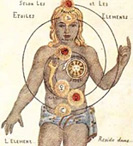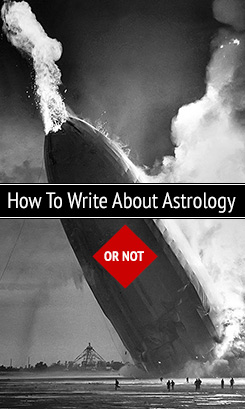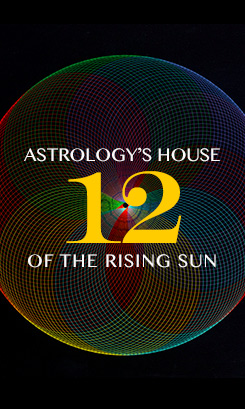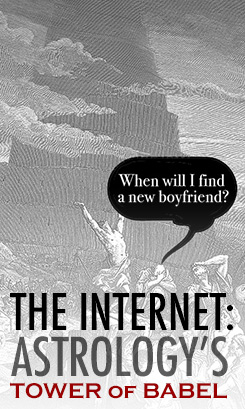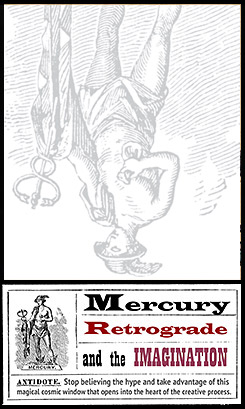The Mountain Astrologer Reviews Skywriter
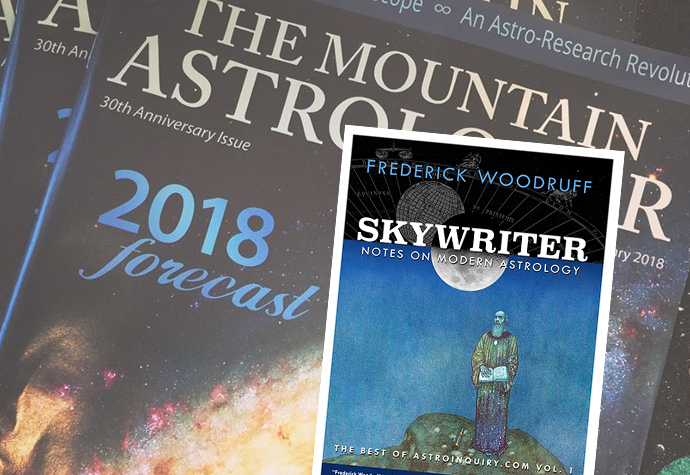
It was an honor to have my new book Skywriter: Notes on Modern Astrology reveiwed by Mary Plumb, The Mountain Astrologer‘s resident book maven. Please consider ordering a subscription to TMA this Christmas season — for yourself or as a gift for someone special. Here is Mary’s review:
“I have been a fan of Frederick Woodruff since I found his Astroinquiry website. This eBook, subtitled The Best of Astroinquiry.com, Vol. 1, is a collection of some of his most popular essays from the past ten years.
Woodruff is a longtime astrologer — practicing “what would be considered psychological-spiritual astrology” — and although he identifies himself as a “skeptical mystic,” my best attempt at defining his style is that he writes as a post-intellectual, post-conceptual, back-to-the-precious-human-body, direct-personal-experience kind of guy.
Effectively communicating with clients, he says “doesn’t need a lot of highfalutin intellectualizing or contemplation or meditation. All you need do is sense yourself, your am-ness, your first-personal giveness and there you are.” His integration of the teachings that he has studied — e.g., Gurdjieff, Chogyam Trungpa, Carl Jung — informs his work and a subtext to self-inquiry or self-awareness (and humor) runs quite naturally throughout these essays.
The essays herein include “Create Your Own Archetype and Call it You,” “Pluto in Capricorn: Death is the New Black,” “Make Facebook Your Slave — Some Tips,” “Depression and Solar Consciousness,” and “Outer Planets and the Nostalgia for Samsara.”
Woodruff’s advice to aspiring astrological writers is spot-on and funny as can be: “Please consider how you employ the words ‘transformation,’ ‘changes,’ ‘challenging’ and ‘archetype’ in your prose. Changes and challenging transformations have been going down on the planet since the first cavewoman read Clan of the Cave Bear, so saying that a transit is going to bring ‘big changes’ or ‘challenge’ me is like telling me that I will finish half a bottle of wine with dinner tonight. This is not news.”
He includes select words of poets, teachers, and mystics. About one such entry, he writes: “Rumi composed a small eruption of a poem…” Frederick Woodruff does something similar with many moments in his writing, as he takes readers through passages and thoughts that provoke and inform.”
— Mary Plumb






